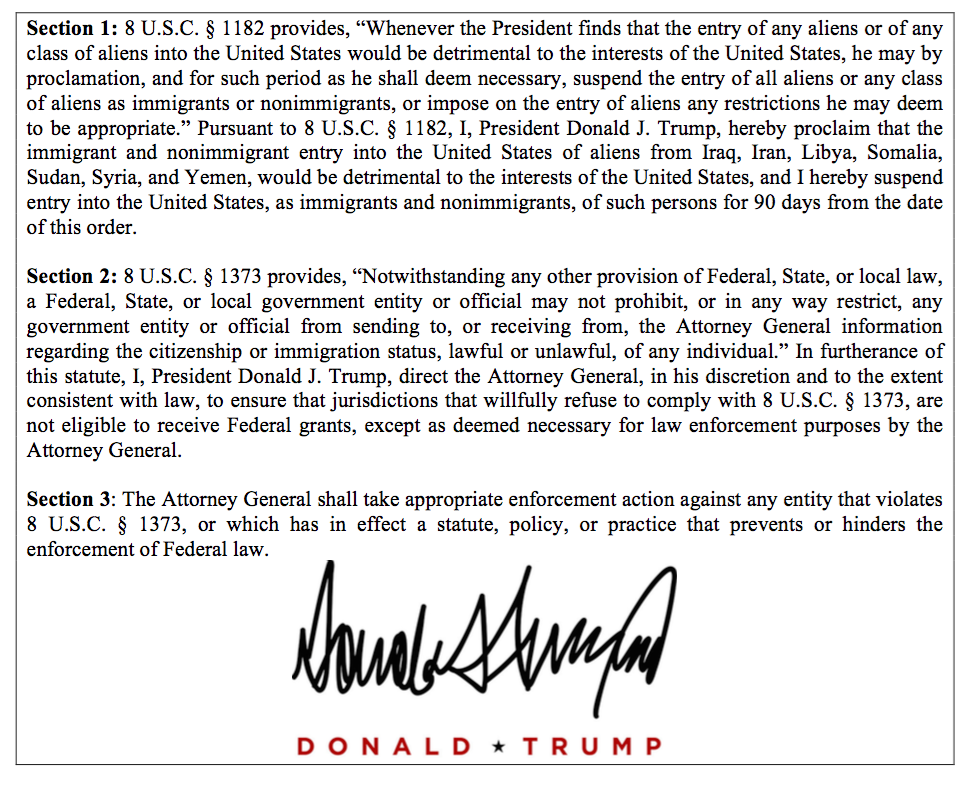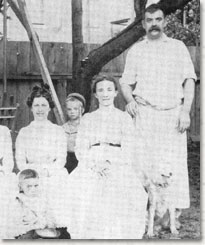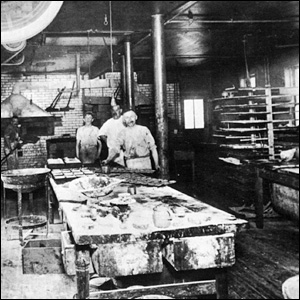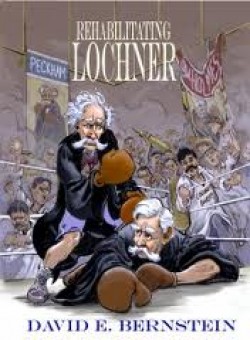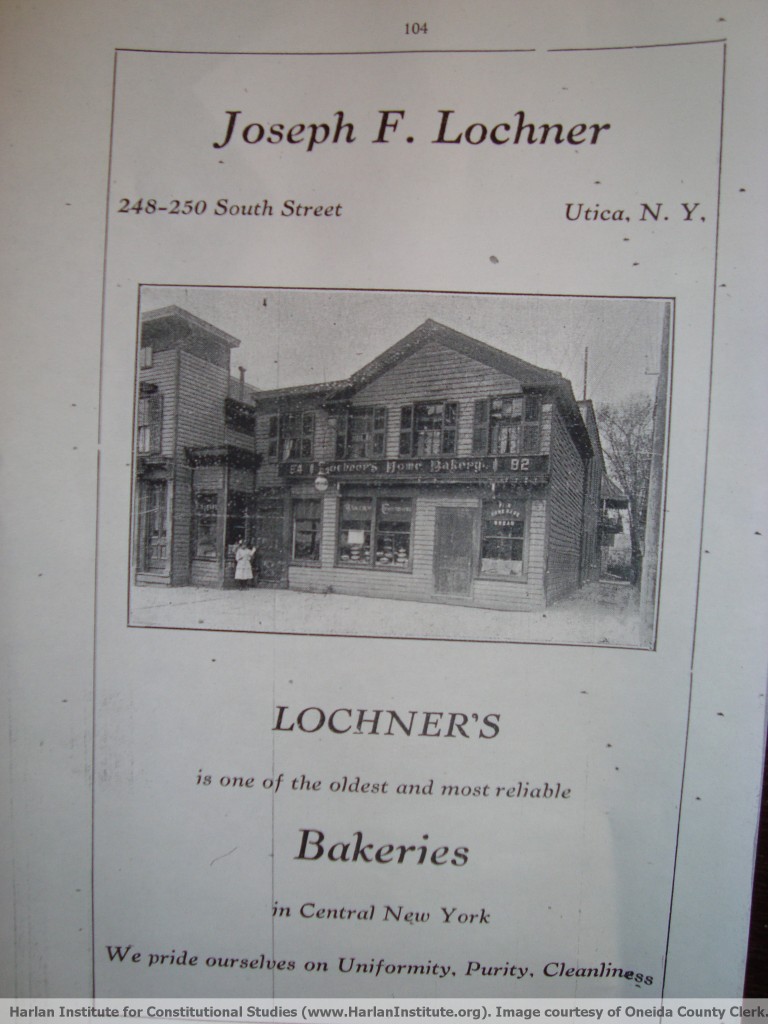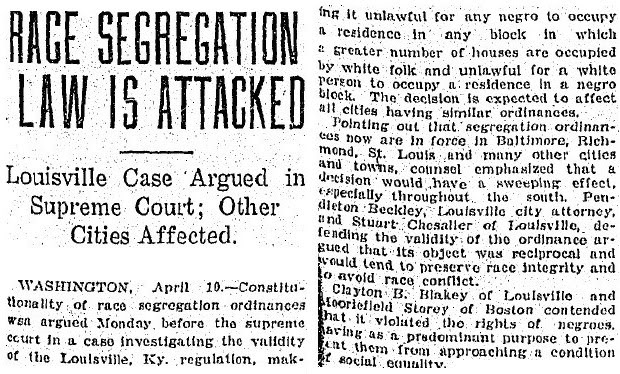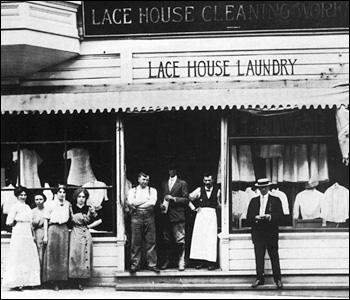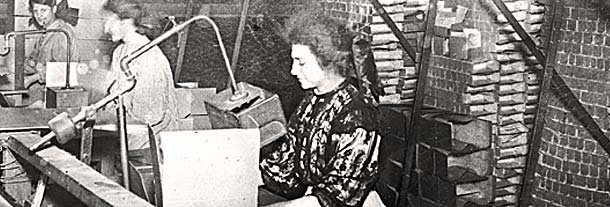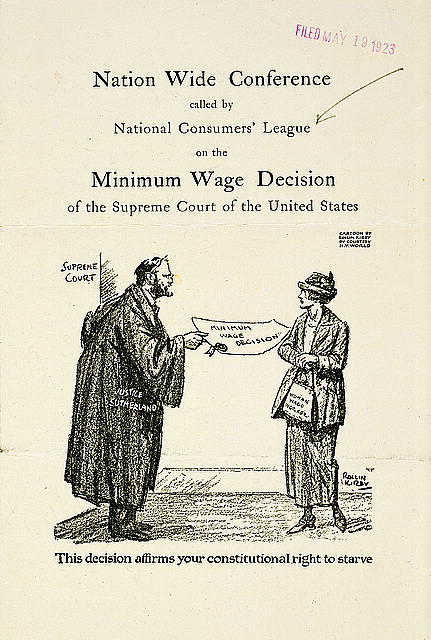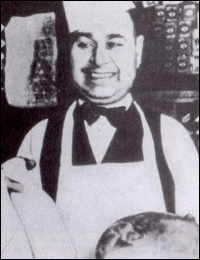Over the past 10 days, my attention was focused primarily on the travel ban litigation and Judge Gorsuch’s nomination. Here are my media hits, commentary, and events over this period. For highlights, I was a guest on All Things Considered and Lou Dobbs Tonight twice. Also, Rush Limbaugh quoted from my Lawfare post. (He referred to me as “some guy named Josh Blackman.”).
Commentary
- Why Courts Shouldn’t Try to Read Trump’s Mind, Politico Magazine (Mar. 16, 2017).
- The Legality of the 3/6/17 Executive Order, Part III: The Establishment Clause, Lawfare (Mar. 15, 2017).
- The Legality of the 3/6/17 Executive Order, Part II: The Due Process Clause Analysis, Lawfare (Mar. 12, 2017).
Events
- Free Speech on College Campuses, Barry University Federalist Society (Mar. 20, 2017).
- Unraveled: Obamacare, Religious Liberty, and Executive Power at Houston Pachyderm Club (Mar. 14, 2017).
Press
- Cited in A better constitutional basis for the Concealed Carry Reciprocity Act of 2017, The Washington Post (Mar. 23, 2017).
- Quoted in Did Gorsuch Tip Hand On Travel Ban?, Bloomberg BNA (Mar. 23, 2017).
- Guest on The Michael Berry Show, AM740 KTRH Houston (Mar. 22, 2017) (Post, Audio).
- Quoted in ‘You’re Fired, Judge’: Sanctioning Federal Judges for Bad Behavior, American Thinker (Mar. 22, 2017).
- Guest on Lou Dobbs Tonight to discuss Judge Gorsuch’s confirmation hearing, Fox Business Network (Mar. 21, 2017) (Post, Video).
- Cited in Day One of the Neil Gorsuch hearings was not about Neil Gorsuch, The Washington Examiner (Mar. 21, 2017).
- Quoted in Trump Comments Highlight Need for a Plan When Clients Go Rogue, The National Law Journal (Mar. 20, 2017).
- Quoted in 5 times Gorsuch referenced ‘Hunger Games’ and other literary works in his legal writing, PBS Newshour (Mar. 20, 2017).
- Guest on KRLD 1080AM Dallas to discuss Judge Gorsuch’s confirmation hearing (Mar. 20, 2017).
- Cited in No, there is no way to force Supreme Court nominees to give revealing answers, The Washington Post (Mar. 20, 2017).
- Quoted in The Failures of the American Health Care Act, Reason (Mar. 19, 2017).
- Quoted in Immigration: Les déclarations de Trump sur un «muslim ban» se retournent contre lui, 20 Minutes (French) (Mar. 17, 2017).
- Quoted on the Rush Limbaugh Show about the travel ban litigation, EIB Network (Mar. 17, 2017) (Post, Audio).
- Quoted in 5 Problems With The Hawaii Judge Halting Trump’s Travel Ban, The Federalist (Mar. 16, 2017).
- Guest on Lou Dobbs Tonight to discuss Hawaii v. Trump, Fox Business Network (Mar. 16, 2017) (Post, Video).
- Quoted in Trump’s Second Bid at Travel Ban Knocked Down by Two Judges, Bloomberg (Mar. 16, 2017).
- Guest on All Things Considered, National Public Radio, to discuss travel ban (Mar. 16, 2017) (Post, Audio).
- Quoted in Judge Watson’s Decision Was Reckless, National Review (Mar. 16, 2017).
- Quoted in Trump Is His Own Travel Ban’s Worst Enemy, The Atlantic (Mar. 16, 2017).
- Cited in The Revised Refugee EO in the Courts II: The Flawed Maryland District Court Decision, Lawfare (Mar. 16, 2017).
- Cited in Revised, resubmitted, rejected, Vox (Mar. 16, 2017).
- Guest on Making Money with Charles Payne to discuss travel ban litigation, Fox Business Network (Mar. 15, 2017).
- Guest on AM740 KTRH, Houston to discuss health care (Mar. 15, 2017).
- Cited in Don’t Dreamers Have Rights?, Slate (Mar. 15, 2017).
- Guest on Supreme Court Twitter Chat, Bloomberg BNA (Mar. 14, 2017).
- Cited in Full Repeal Would Cover More People than House GOP’s ObamaCare-Lite Bill, Cato At Liberty (Mar. 14, 2017).
- Cited in Voters Won’t Ignore This CBO Score, Bloomberg View (Mar. 13, 2017).
- Quoted in The Legal Questions Facing Trump’s New Travel Ban, The Daily Signal (Mar. 13, 2017).
- Guest on KTSA Radio, San Antonio, to discuss Texas redistricting case (Mar. 13, 2017).
- Interviewed on WHDT News to discuss American Health Care Act (Mar. 12, 2017).
